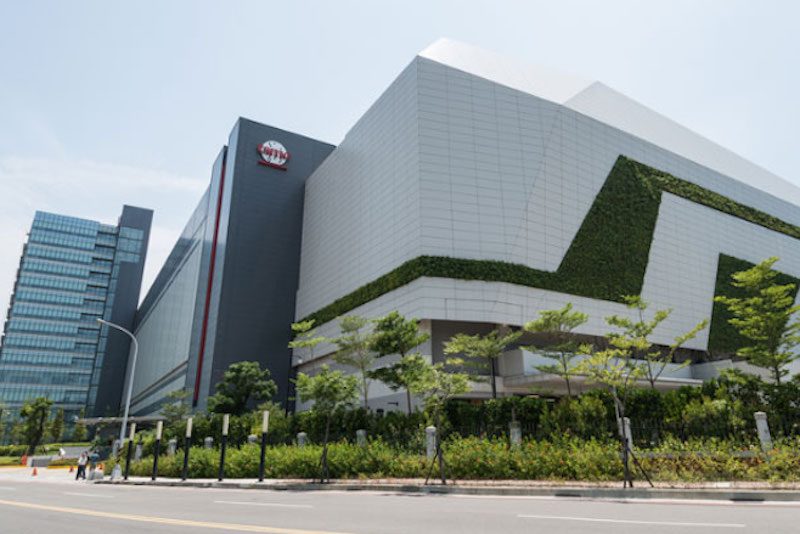Two US scholars have proposed a “scorched-earth” semiconductor strategy based on the idea it would make no logical sense for China to seize Taiwan by force.
One key recommendation in the article, published by the US Army War College, is for the US and Taiwan to threaten to destroy facilities of Taiwan Semiconductor Manufacturing Co if Beijing invades.
“Deterring a Chinese invasion of Taiwan without recklessly threatening a great-power war is both possible and necessary through a tailored deterrence package that goes beyond either fighting over Taiwan or abandoning it,” say Jared M McKinney and Peter Harris.
The article appeared in Parameters, a journal published by the college.
Great Power Peace
McKinney is a scholar of international relations at Missouri State University with a focus on East Asia and great power peace. Harris is an associate professor of political science at Colorado State University.
The authors say the article – Broken Nest: Deterring China from Invading Taiwan – combines “cutting-edge understandings of deterrence with empirical evidence of Chinese strategic thinking and culture” to build such a strategy.
“[China] must absolutely believe Taiwan’s semiconductor industry would be destroyed in the event of an invasion,” they wrote.
“An automatic mechanism might be designed, which would be triggered once an invasion was confirmed. In addition, Taiwan’s leaders could make it known now they will not allow these industries to fall into the hands of an adversary.”
The authors say the US and its allies could support this endeavour by announcing plans to give refuge to highly skilled Taiwanese working in this sector.
Creating Contingency Plans
The countries should create contingency plans with Taipei for the “rapid evacuation and processing” of people who operate the physical semiconductor foundries, the authors say.
“A preplanned sanctions campaign against any chip exports to China, led by the United States but supported by South Korea and other allies, would enhance this approach,” the authors say.
Other academics have criticised McKinney and Harris’s strategy. “Their approach needs China to believe conquering Taiwan…cannot be done without jeopardising other core interests,” Timothy S Rich, associate professor of political science at Western Kentucky University, said in a response.
“It is unclear to what extent Chinese officials might actually tolerate such an economically weakened Taiwan,” he said.
“If Chinese officials have attached an inflated symbolic value to unification as their statements may suggest, one buttressed by decades of rhetoric on the necessity of unification and public support for it, such economic costs may be viewed as acceptable short-term costs,” Rich added.
McKinney and Harris say they expect the Taiwanese would have “grave concerns” about threatening China with a defensive war that likely cannot be won.
Making Threats Credible
“The prospects of implementing scorched-earth and guerilla-warfare tactics will be similarly unappealing,” they concede. “Paradoxically, however, it is only by making these threats credible that they will never have to be carried out,” the authors add.
The authors urged Taiwan to threaten China with a “pre-planned resistance campaign” to convince it that subduing the Taiwanese would not be “cheap, quick, or easy”.
They also urged regional actors such as Japan and Australia to threaten Beijing with massive military buildups in the event of force being used against Taiwan.
In a follow-up article, McKinney and Rich said they recognised that “none of these promised punishments would be enough to deter China from invading Taiwan” if it was determined.
“However, if they can be woven together into a comprehensive package of credible threats, it might be possible to convince leaders in Beijing that nothing good can come from launching an unprovoked armed attack.”
- George Russell
READ MORE:
TSMC Plant Won’t be Cutting-Edge: Japan Times
TSMC ‘Won’t Give Company Secrets’ To US Chips Crisis Probe
US-China Tensions Simmer Over Latest Sanctions
























